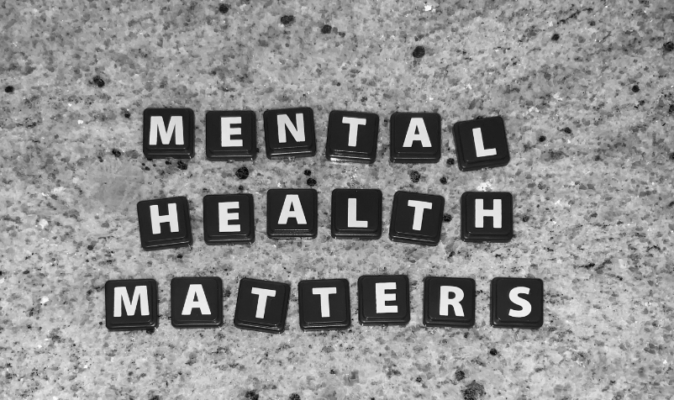
Since the peak of the pandemic, there has been a notable shift in societal discussions surrounding mental health. The years of isolation and uncertainty have underscored the importance of emotional well-being, prompting a collective realization of its significance in our lives.
Recognizing the crucial role of mental health, it is imperative that individuals take proactive measures to support their well-being. As we approach 2024, there are various strategies and tips on “How to boost mental health” and find moments of joy amidst life’s challenges.

- Sleep Better with C.B.T.-I: Adequate sleep is crucial for mental health. Cognitive Behavioral Therapy for Insomnia (C.B.T.-I) has proven to be as effective as sleep medications, offering both short-term relief and long-term benefits. Individuals facing sleep issues can explore this therapeutic approach through resources like the Society of Behavioral Sleep Medicine directory.
- Understanding Protective vs. Problematic Anxiety: Occasional anxiety can be beneficial, serving as an internal alarm system. However, constant worry and fear may signal a need for professional help. Recognizing symptoms such as restlessness, increased heart rate, and trouble concentrating can guide individuals in assessing their anxiety levels.
- Strategies to Halt Rumination: For those prone to rumination, simple tactics can break the worry cycle. Distracting oneself through activities like word games or music can redirect thoughts. Alternatively, setting dedicated time for rumination and adhering to a timer can prevent thoughts from spiraling out of control.
- Five Things Tidying Method: Maintaining a clean living space contributes to mental well-being. The “five things tidying” method, focusing on essential clutter categories such as trash, dishes, and laundry, helps individuals manage cleaning tasks more effectively.
- Embracing Gratitude for Positive Mental Shifts: Gratitude, a powerful positive emotion, can be cultivated by acknowledging goodness in life and expressing thanks. Writing letters of appreciation, keeping gratitude journals, and thanking loved ones contribute not only to personal well-being but also enhance relationships. Also Read : Mental Health Matters: Nurturing a Holistic Approach to Well-being
- Optimism Towards Aging: Research emphasizes the impact of mindset on health. Adopting a positive view of aging, focusing on its benefits like improved emotional well-being, can lead to a longer and healthier life. Seeking inspiration from aging role models can further reinforce this optimistic perspective.
- Artistic Expression for Mental Well-being: The therapeutic value of art on mental health is often underestimated. Regardless of artistic talent, engaging in creative activities like writing, singing, or drawing can uplift mood. Even coloring intricate designs, such as mandalas, has been proven to reduce anxiety.
- Awe Walks for Reconnecting with Nature: Connecting with the physical world around us through awe walks can be a rejuvenating experience. Choosing a familiar or new walking spot and immersing oneself in the sensory details, from feeling the wind to touching flowers, provides unexpected restorative benefits.
- Tech Breaks for Improved Concentration: In an era of constant digital distractions, maintaining focus has become challenging. Implementing “tech breaks,” where individuals set aside specific periods to disconnect from their phones, can enhance concentration and gradually increase attention spans. Also read : Tackling Health Issues to Reduce the Risk of Early Dementia
- Calming the Mind with Deep Breaths: A simple yet effective technique for calming the mind and body is practicing slow, deep breathing. Techniques like 4-4-8 breathing, involving inhaling for four counts, holding for four counts, and exhaling for eight counts, activate the parasympathetic nervous system, reducing stress responses.
In conclusion, as we step into 2024, prioritizing mental health is paramount. Adopting these strategies can contribute to a more resilient and flourishing mental well-being, fostering a positive and fulfilling life.




